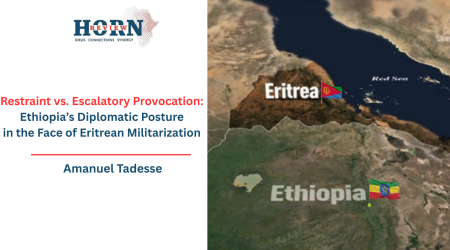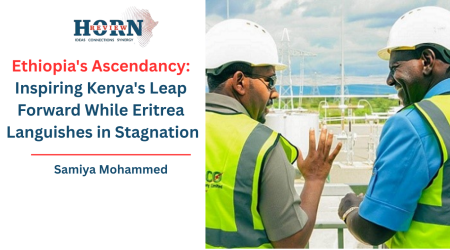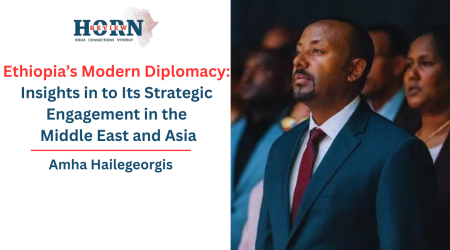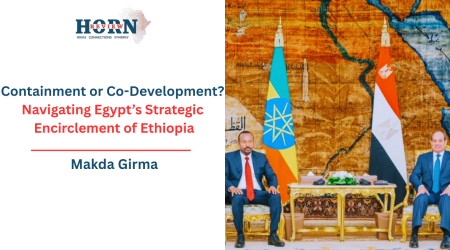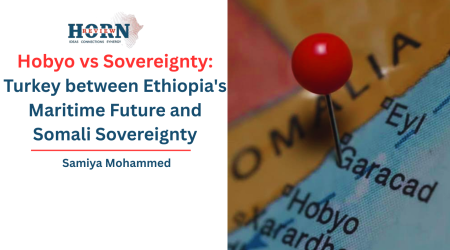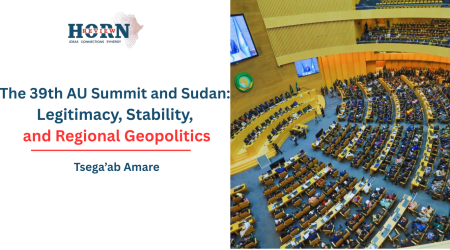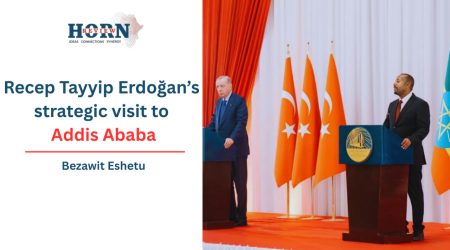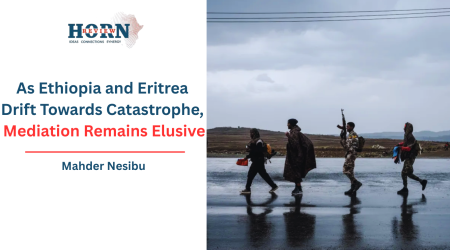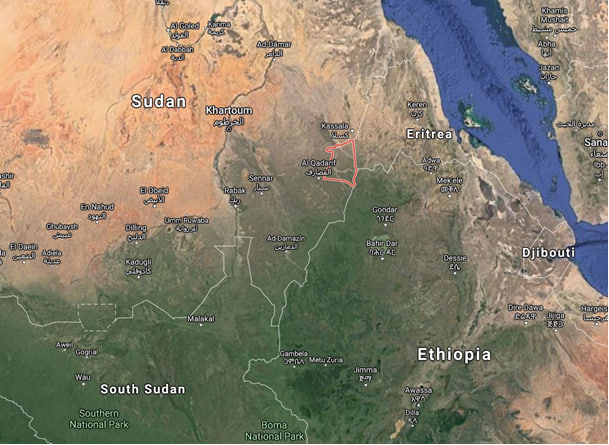
30
Jul
Al-Fashaga: Restraint, Strategy, and the Long Game Ethiopia’ Playing
The long-running border dispute between Ethiopia and Sudan over the fertile region of Al-Fashaga has once again come to the forefront of the regional spotlight. This contested territory, rich in agricultural potential and steeped in history, has served as a recurring flashpoint for decades, its volatility rooted not just in land ownership but in the legacy of colonial border demarcations, power struggles, and shifting regional alliances.
Historically, Al-Fashaga was administered by the Ethiopian Empire, though Sudan has based its claim on colonial-era treaties signed in 1902 and 1907, whose legitimacy Ethiopia has consistently rejected. Like so many border disputes in Africa, this one traces its origins to the arbitrary borders imposed by imperial powers, lines drawn without regard for local communities, ethnic ties, or historical governance. The consequences of those decisions remain potent today.
For a time, both countries managed a fragile compromise. In 2008, Ethiopia and Sudan agreed to a practical arrangement: Sudan would claim sovereignty, while Ethiopian farmers continued cultivating the land. It was a temporary but functional solution, hinting at the possibility of coexistence. However, the regional balance shifted dramatically in November 2020 when Ethiopia became consumed by the Tigray War, a devastating internal conflict that stretched the nation’s military and political resources.
Seizing the opportunity, Sudan moved swiftly to take full control of Al-Fashaga, expelling Ethiopian farmers and residents. This calculated action, occurring while Ethiopia was engaged in one of its bloodiest civil wars in modern history, was widely seen as an opportunistic land grab. It also sparked international concern, as such acts risk setting dangerous precedents in a region fraught with unresolved border issues.
Many expected Ethiopia, once its internal conflict subsided, to retaliate and reclaim the territory by force. Yet in a move that surprised many observers, Addis Ababa chose a different path. Rather than responding militarily, Ethiopia declared its commitment to pursuing a long-term, negotiated resolution. Officials emphasized the importance of stability over escalation, and the nation’s leadership made a conscious decision to avoid further destabilizing an already volatile Horn of Africa.
This decision was not driven by weakness. It was, and remains a calculated strategy. Ethiopia’s leadership recognized that Sudan was entangled in its existential conflict, the war between the Sudanese Armed Forces (SAF) and the Rapid Support Forces (RSF), which began in April 2023. By refusing to exploit Sudan’s vulnerability, Ethiopia aimed to present itself as the responsible actor in the region, one committed to diplomacy and long-term stability.
Moreover, Ethiopia’s leadership understood that the broader stakes extended far beyond Al-Fashaga’s fields. The region’s interconnected conflicts, from the Fano insurgency in Ethiopia’s Amhara region to the fragile peace in Tigray and Eritrea’s shadowy role in regional destabilization, required a careful, multi-layered strategy. As such, restraint at Al-Fashaga was a deliberate choice within a broader policy aimed at consolidating Ethiopia’s national security and preserving its regional influence through diplomacy, not impulsive military ventures.
Some analysts view this approach as a long-game strategy. Ethiopia is banking on restraint and international goodwill to strengthen its diplomatic position and, eventually, to resolve the dispute on terms more favorable to its interests. Others, however, caution that such restraint carries risks. In regions where strength often commands respect, Ethiopia’s refusal to respond militarily could be interpreted as weakness, potentially encouraging other opportunistic moves from rival actors.
This tension surfaced again in July 2025. On July 4, 2025, senior Sudanese officials accused Ethiopia of exploiting Sudan’s ongoing war by backing militias in Al-Fashaga, alleging that these forces, supported by the Ethiopian army, had expelled Sudanese farmers and begun clearing land under military protection. Mubarak Al-Nour, vice-president of the Eastern Sudan Coordination Committee and a former parliamentarian, claimed these actions were coordinated, taking advantage of Sudan’s security vacuum.
The Ethiopian government swiftly rejected these accusations. On July 7, 2025, Ambassador Nebiat Getachew, spokesperson for Ethiopia’s Ministry of Foreign Affairs, categorically denied any military movement in the area. The statement reaffirmed Ethiopia’s commitment to a peaceful resolution of the dispute and dismissed the claims as baseless.
In the context of Ethiopia’s broader strategy, this response is consistent. Despite mounting internal security concerns, including the ongoing Fano insurgency and tensions in post-war Tigray, Addis Ababa continues to prioritize diplomatic engagement over military adventurism, particularly along its western frontier. The government remains acutely aware of the potential dangers posed by a possible Sudan-Eritrea security alliance and understands that further destabilizing the border region could invite unwanted regional complications.
Meanwhile, Ethiopia’s approach is not purely reactive. Its long-term objectives include securing reliable access to the Red Sea, safeguarding vulnerable trade routes, and preventing insurgent groups from exploiting Sudanese territory as operational bases. The restraint shown at Al-Fashaga is thus one element of a larger, calculated policy, a mix of diplomacy, deterrence, and internal stabilization.
The events of July 2025, while troubling, have not altered Ethiopia’s posture. The country continues to balance immediate security needs with long-term strategic imperatives. As regional power dynamics evolve, the wisdom of Ethiopia’s restraint will ultimately be tested. Whether this policy secures lasting stability and regional respect or invites further challenges, remains to be seen.
But one thing is clear, in a region where aggression often dominates, Ethiopia is playing a long game, banking on diplomacy, strategic patience, and carefully measured deterrence to protect its national interests. Time will tell whether this gamble pays off.
By Bemnet Fikre,Researcher,Horn Review

